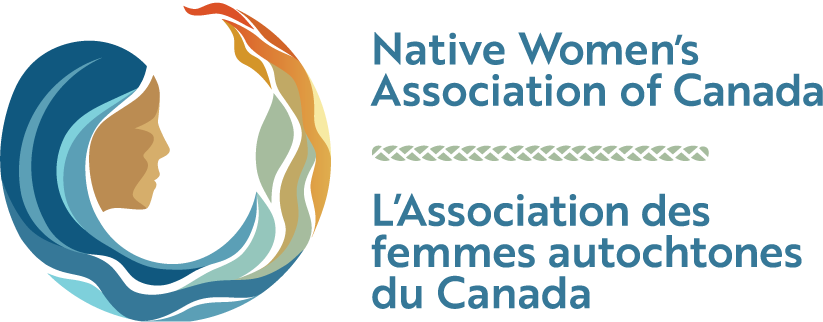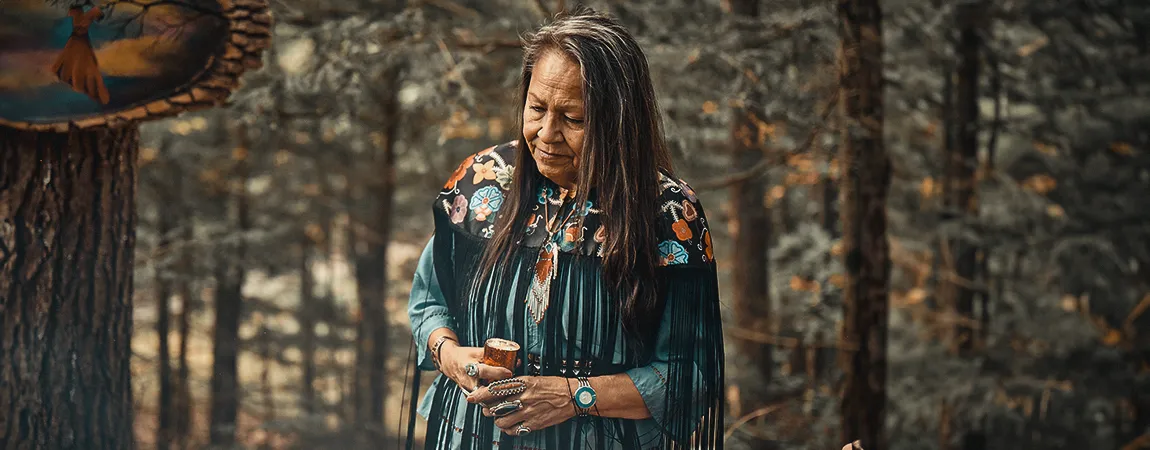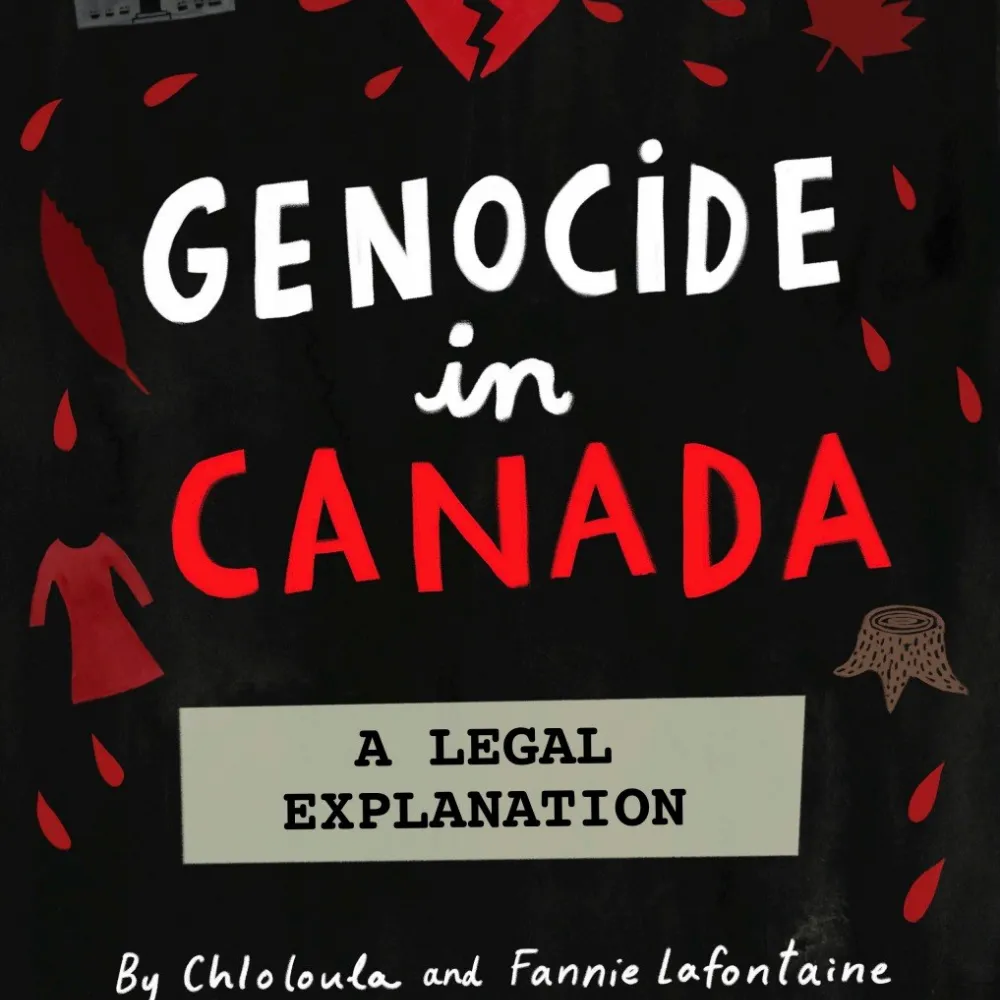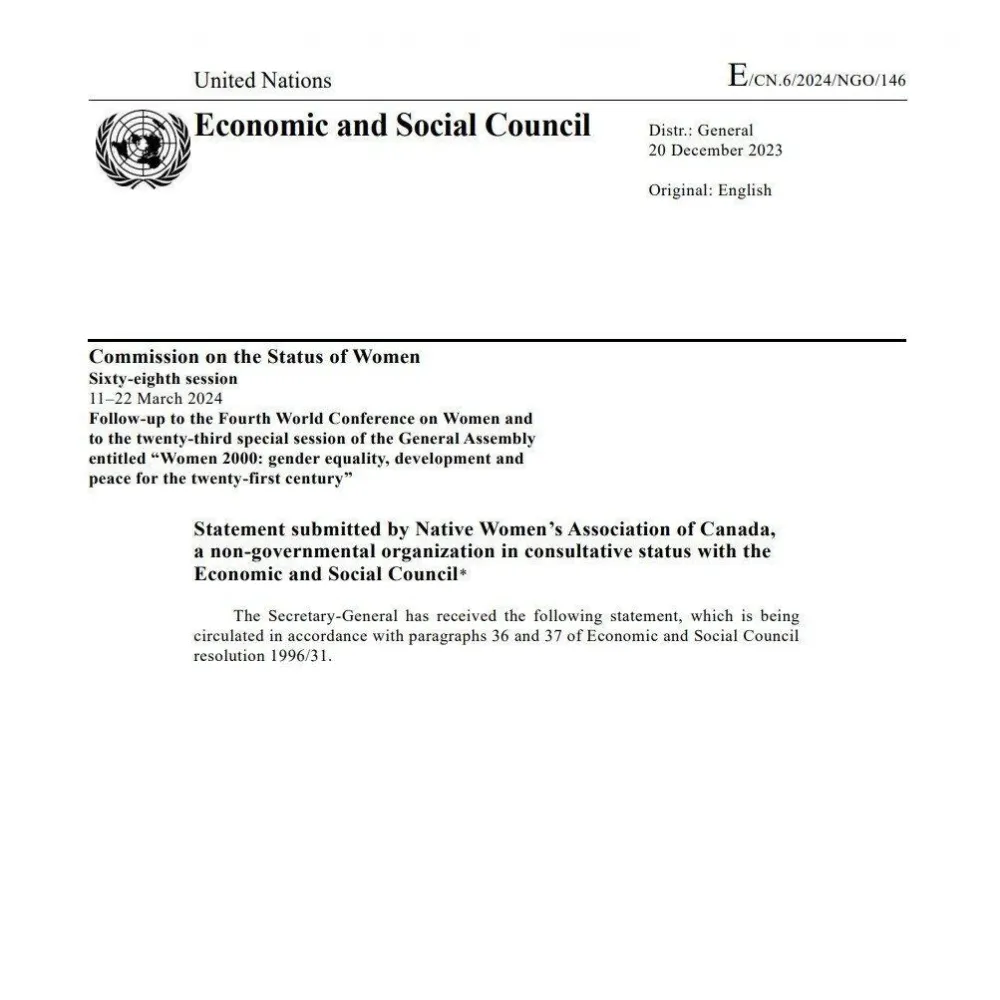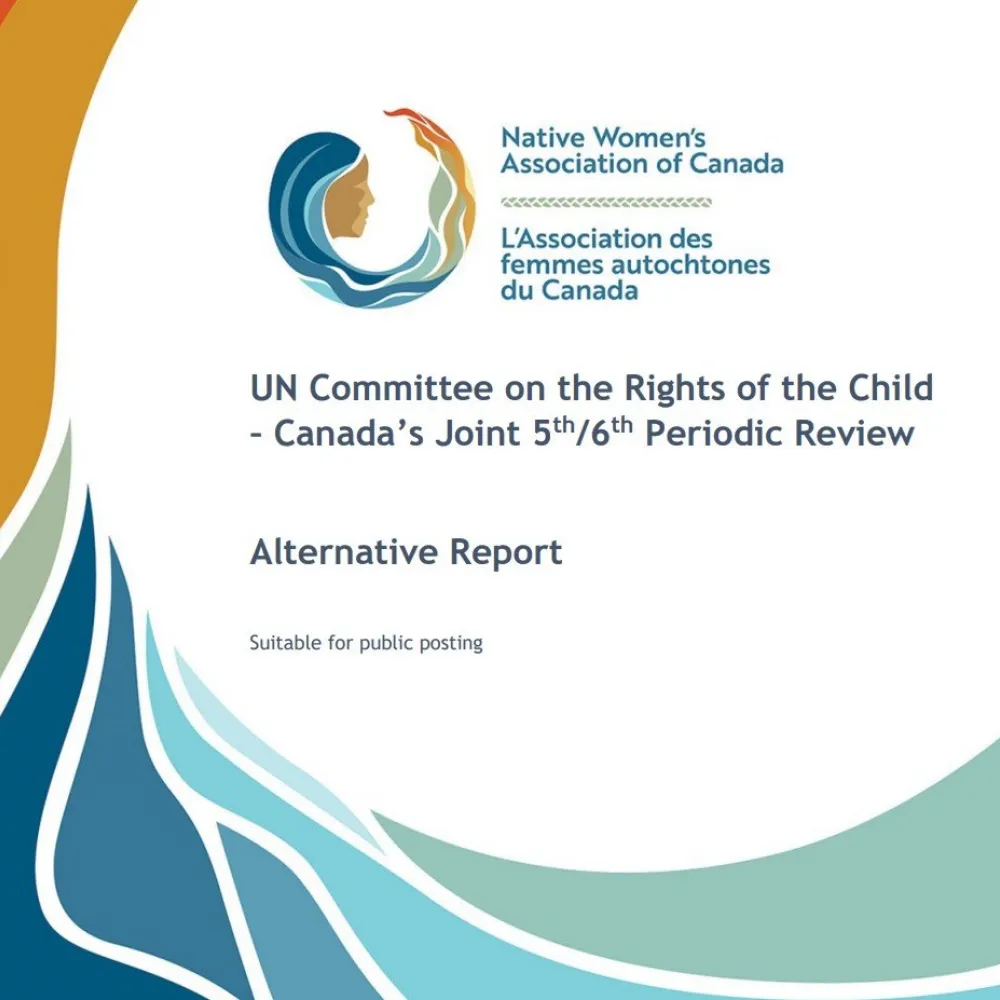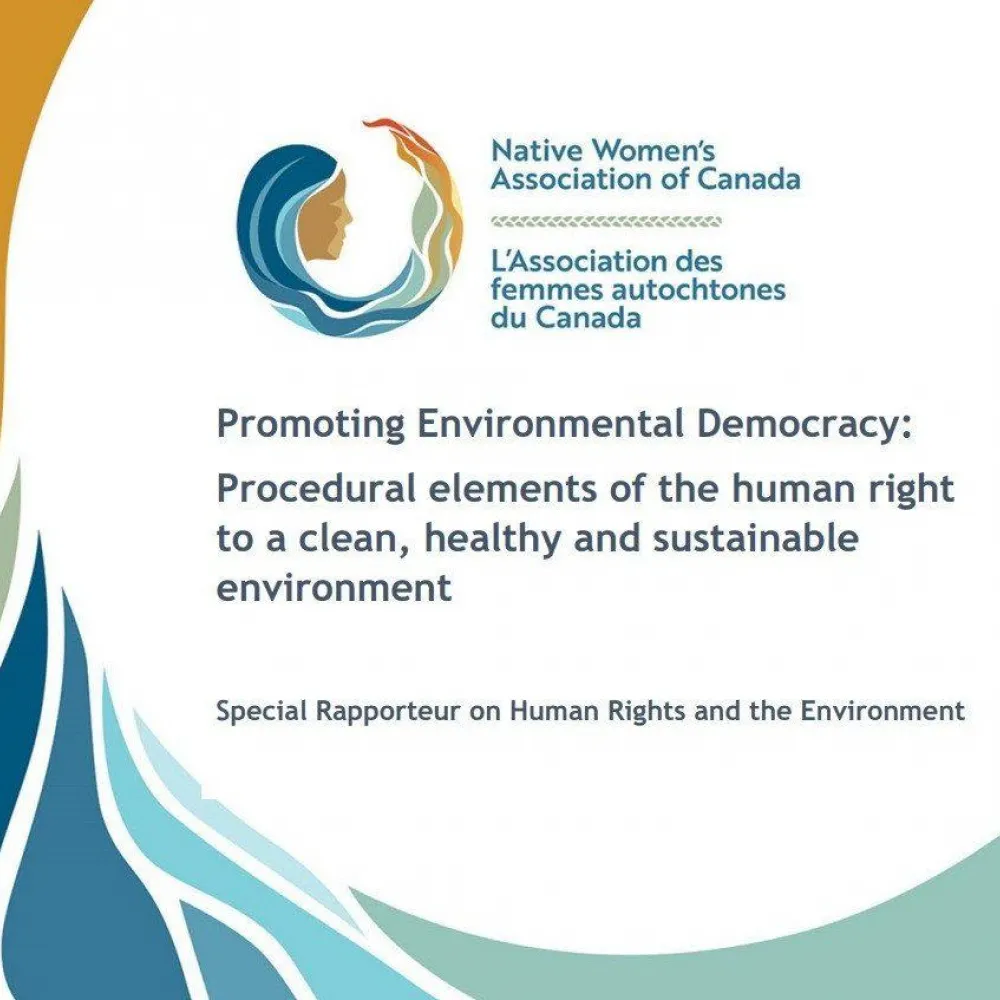Summary
Indigenous WG2STGD+ People continue to face barriers to accessing and affirming their human rights through dispossession of their traditional territories, disassociation with their traditional roles, exclusion from participating in political decisions in their communities, and the disorientation of culture and tradition.
Canada is bound by treaties, declarations, and agreements which require Canada to protect the human rights of Indigenous WG2STGD+ People. Canada has also domestically enacted the United Declaration of the Rights of Indigenous Peoples, ratified the International Covenant on Civil and Political Rights and the International Covenant on Economic Social and Cultural Rights, guaranteeing the full enjoyment of civil, political, economic, social, and cultural rights to Indigenous WG2STGD+ People.
Canada fails to affirm the human rights of Indigenous WG2STGD+ People. Indigenous W2STGD+ People face ongoing service gaps due to jurisdictional issues (Jordan’s Principle), extractive projects on their traditional territories, the overrepresentation of Indigenous children in the children’s aid and protective services system, the over-incarceration of Indigenous Women and 2SLGBTQQIA+ individuals, and the ongoing missing and murdered Indigenous women and girls’ genocide.
NWAC is deeply committed to upholding and protecting the human rights of Indigenous women and gender-diverse individuals. Through active engagement in critical litigation, NWAC strives to enforce the full implementation of human rights for these communities. This effort is essential in addressing and eliminating the systemic human rights violations against Indigenous women and 2SLGBTQQIA individuals. By advocating in legal arenas and through policy development, NWAC is dedicated to ensuring justice, dignity, and the equitable treatment of Indigenous women and gender-diverse people within Canada and on international platforms.
